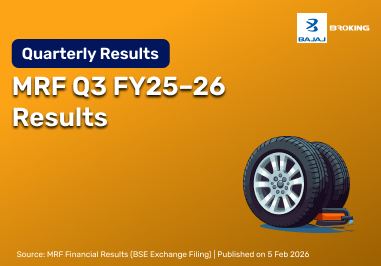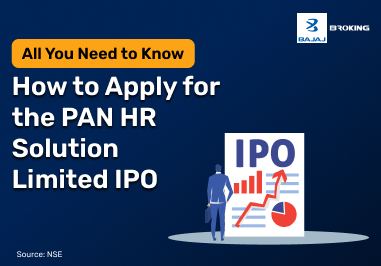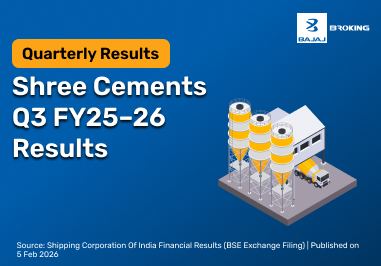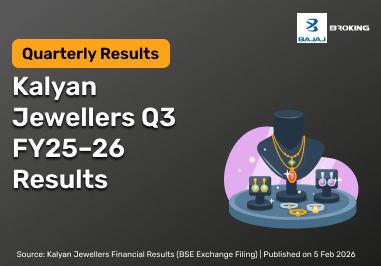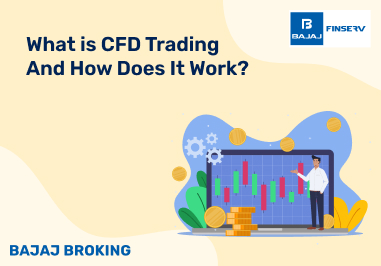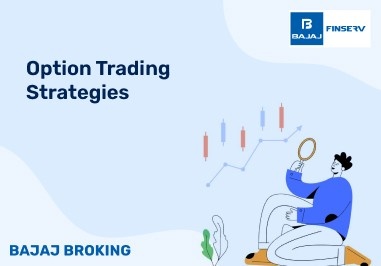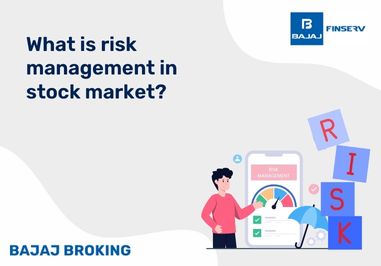By issuing shares of its stock to the public, a privately-owned company becomes publicly traded through the IPO process. To underwrite the offering, a company hires investment banks and other financial institutions when going public. The role of these institutions includes setting the IPO price, marketing the offering, and facilitating the sale of shares to the public. Exploring the various types of IPOs in India, now let’s proceed.
Also Read: IPO investment strategy: Tips for investing in an IPO
What are the Different Types of IPO?
There are primarily two types of IPO that companies use to go public: Book Building IPO and Fixed Price IPO. Each type has its own set of procedures and pricing mechanisms.
In a Book Building IPO, the company offers a price range within which investors can bid for shares. The final price is determined based on the bids received, and shares are allocated to investors who bid within the accepted range. This type of IPO allows for price discovery and can provide more accurate market pricing.
In a Fixed Price IPO, the company sets a fixed price at which the shares will be sold. Investors know the price beforehand and can decide whether or not to purchase at that price. This method is straightforward but does not involve price discovery like the Book Building method.
Mainstream IPOs, also known as Regular IPOs or Public Issue IPOs, are the most common types of IPOs in India. Companies going for a mainstream IPO issue shares to the public with the aim of raising capital for their growth and expansion. These IPOs are open to all types of investors, including retail investors, institutional investors, and high-net-worth individuals.
Book Building IPOs are another popular type of IPO in India. In this type of IPO, the company doesn’t fix a specific price for its shares before the issue date. Instead, it sets a price range within which investors can bid for shares. During the IPO subscription period, investors submit their bids specifying the number of shares they want and the price they are willing to pay. After the subscription period ends, the final IPO price is determined based on the bids received. The price is usually set at the point where demand and supply meet. Book Building IPOs are considered more dynamic as they allow for market forces to play a significant role in determining the IPO price.
Unlike Book Building IPOs, Fixed Price IPOs have a predetermined price at which shares are offered to the public. The company decides the price at which it will issue its shares and discloses it in the IPO prospectus. Investors can subscribe to the IPO at the specified price per share. Fixed Price IPOs are often favoured by smaller companies or those with less market visibility, as they provide a clear and straightforward pricing structure. Retail investors find Fixed Price IPOs accessible as they know the exact price they’ll pay for the shares.
Rights Issue IPOs are unique in that they are not open to the general public. Instead, they are offered exclusively to existing shareholders of the company. Companies choose Rights Issue IPOs when they want to raise additional capital from their existing investors without diluting their ownership. In a Rights Issue, shareholders are given the opportunity to purchase additional shares at a discounted price compared to the market price. This encourages current investors to increase their stake in the company.
- Follow-on Public Offer (FPO)
While an IPO marks a company’s initial entry into the stock market, a Follow-on Public Offer (FPO) is a subsequent offering of shares to the public by a company that is already listed. FPOs are typically used by companies to raise additional capital after their IPO or to fulfil regulatory requirements. FPOs are open to both existing shareholders and new investors, and the proceeds from the offering can be used for various corporate purposes, including debt reduction, expansion, or funding new projects.
Also Read: How does an IPO work?
Difference Between Book Building and Fixed Price Issue
Difference Between Book Building and Fixed Price Issue
Understanding the difference between these two types of IPOs can help investors make better decisions. Here is a comparative look at Book Building and Fixed Price Issue IPOs:
Aspect
| Book Building IPO
| Fixed Price IPO
|
Pricing
| Price range is provided; final price is determined by bids.
| Fixed price is set before the IPO.
|
Price Discovery
| Allows for price discovery through investor bidding.
| No price discovery; fixed price is known upfront.
|
Investor Information
| Investors bid within a specified price range.
| Investors know the exact price at the time of applying.
|
Demand Visibility
| Demand is gauged through the bidding process.
| Demand is known after the issue is closed.
|
Allocation
| Shares are allocated based on bids received.
| Shares are allocated based on applications at the fixed price.
|
Additional Read: Difference Between Equity IPO And Debt IPO
Wrapping Up
In India, the world of IPOs is diverse, offering different avenues for companies to tap into the capital market and expand their horizons. Whether it’s a mainstream IPO, a Book Building IPO, a Fixed Price IPO, or one of the specialised types like Rights Issue or FPO, each serves a unique purpose and caters to various business needs. Risk appetite and investment goals are factors that determine how investors can participate in IPOs. The importance of grasping diverse IPO categories lies in making astute investment choices.
Additional Read: Types of IPO Investors


